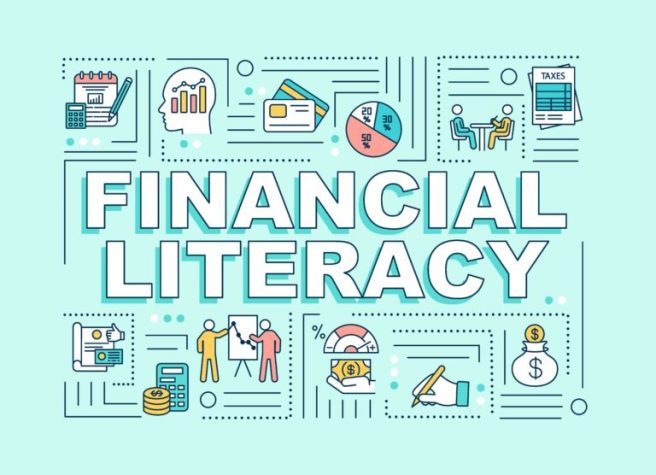We enroll in educational institutions such as high schools and universities to better ourselves economically. Most of us work at established enterprises or establish our own to provide for ourselves. Which of these organizations actually teaches us how to handle our own money? Financial literacy refers to an individual’s skill in managing their finances, such as creating and sticking to a budget, paying off debt, investing wisely, and eventually becoming financially independent. The best way to earn money for students is to look for part-time jobs online that won’t interfere with their schoolwork.
The benefits of financial literacy are as follows:
- Individuals who are financially literate are better able to keep track of their income, expenses, and debts through a budget. In addition, entrepreneurs, who contribute greatly to the growth and stability of our economy, are also impacted by this issue.
- Being financially literate is a step toward achieving economic security and autonomy. Your child will get a foundational understanding of investing opportunities, financial markets, capital budgeting, and more. Financial education for students is the ability to understand and practice the fundamentals of sound money management.
- Your child will be less likely to fall victim to fraud if they have a firm grasp of their financial status. Some techniques are quite easy to embrace, especially from someone who appears well-informed and organized. In addition, learning the fundamentals of personal finance can equip them to anticipate potential problems and defend their position against the arguments of more knowledgeable individuals.
Key Components of Financial Literacy
- Financial planning and planning methods
- Methods of both direct and indirect taxing
- Brackets for direct taxes
- Money coming in and leaving out is recorded.
- Management of Equated Monthly Installments (EMI) for Debt and Loans
- There are two types of interest rate systems: fixed and floating.
- Transactional and organizational studies in business
- Simple Accounting and Bookkeeping
- Movement of money in and out of a business Statements
- Finance and investment administration
- Care of possessions:
- How to Negotiate in Business
- To Decide Whether to Make or Buy
- Currency exchanges
- Investment of Owner Funds and Borrowed Capital
- Managing Risk: The Basics
- Guidelines for both Microeconomics and Macroeconomics
-
While many resources are available to learn about money management, we advise enrolling in a weekend-long course from upsurge.
Conclusion
We are all doing everything we can to leave our children a financially secure world. However, we must start grooming our kids to ensure they understand and appreciate this privilege. Since money is a necessary good, knowing how to handle your finances wisely is crucial for leading a comfortable life. Leading by example is one of the best ways to teach your children about financial health, and equipping them with basic financial information from a young age will help them make sound choices about their money as they progress through life.

